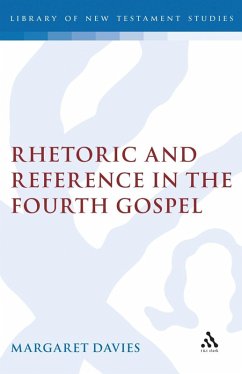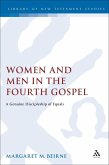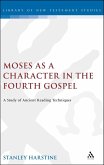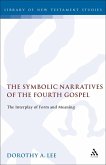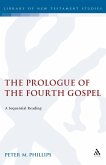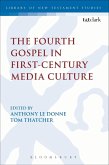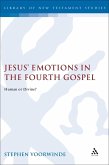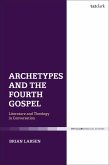This innovative study attempts a comprehensive reading of the Fourth Gospel so as to make sense of its theology, anthropology and history. The most valuable insights of structuralism and reader-response criticism have been taken up, without ignoring what those methods ignore, namely, questions intrinsically related to the Fourth Gospel itself. Moreover, a just appreciation of the text requires the reader to recognize that particular historical situations affect the nature of any narrative.
Bitte wählen Sie Ihr Anliegen aus.
Rechnungen
Retourenschein anfordern
Bestellstatus
Storno

